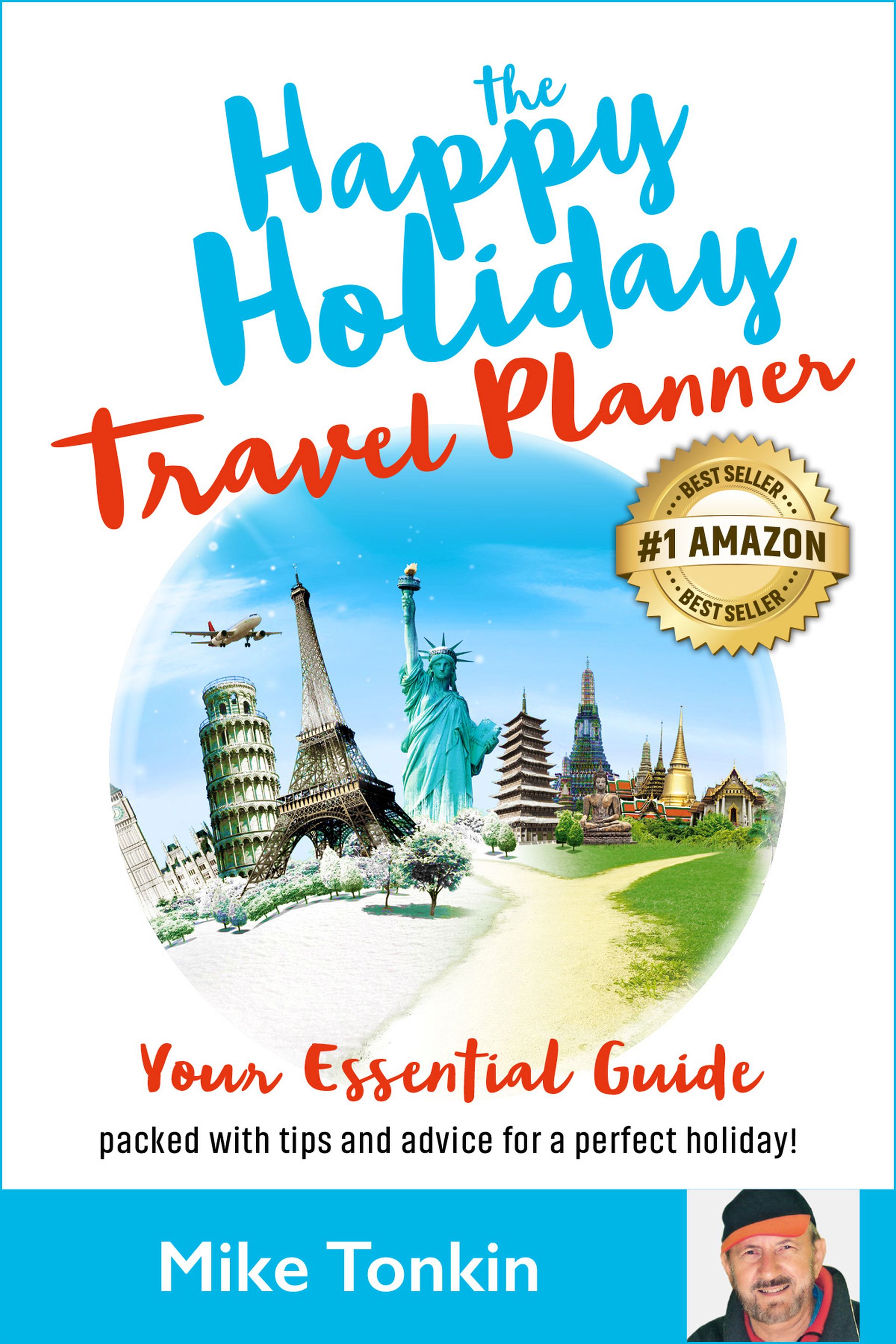Travel Insurance is only as good as when you come to claim on it, so never be fully driven by price when selecting your policy or you may live (hopefully) to regret it.
Take plenty of time to check out the reputation of any company that you are considering, especially their CLAIMS RECORD. This is quite easy to do on-line, and CHOICE Australia has produced a comparison guide which is not perfect but useful. Also just put the name of the insurer that you are considering into GOOGLE to see what people say about their claims record.
There is a multitude of travel insurance policies available but they are underwritten by a limited number of companies – in many cases it comes back to the same source! So the most important thing to read is the full policy not just the abbreviated version. You need to read the PRODUCT DISCLOSURE STATEMENT. It clearly lists all that is covered, and what is not covered – Exclusions.
Secondly it goes without saying that the company that you select should have a 24/7 emergency phone number with helpful staff that you can ring from anywhere in the world.
Thirdly ask all the people that you know who travel frequently. You can be sure that a number have had to make claims, and see what they say.
Finally a word about FREE travel insurance from your credit card company. This is a hot potato with many happy with it, but judging by letters in the newspapers, many have found it seriously lacking. One that I read recently concerned someone who became ill overseas, and when they rang the emergency hotline were asked to provide information about all their illnesses and doctors’ visits for the past 12 months before they received assistance. Some FREE policies insist that ALL travel arrangements for ALL members of the travelling party must have been paid for on the credit card. Pre-exiting illnesses can also be a problem area. Even if it is a FREE travel insurance, you should insist on receiving and reading the Product Disclosure Statement.
So what are the main claims that travellers make on travel insurance?
1.Medical. Over half of all claims are medical related, many involving some form of hospitalisation. They consist largely of simple falls involving breakages of limbs, food poisoning, illness related to severe virus attack, injury when struck by a moving vehicle and, in SE Asia, accidents when driving or when a passenger on a small motorcycle. In my experience I have seen many examples.
A client of ours had a heart attack in the USA and his wife tried to catch him as he fell and was injured also. They both were in hospital for some time and I know it cost the insurance company in excess of USD 100,000 – in 1990.
When escorting a tour around Ireland I had a gentleman trip over a flagstone at Bunratty Castle and break his upper arm. He was lucky, as he persevered with his arm in a sling and was able to continue the tour.
In Plymouth during a walk around the harbour, a lady fell on cobblestones and severely fractured her ankle. After 5 hours at the local hospital and leg in plaster she was taken to London by taxi (AUD 500 at least) and put in a business class seat on Qantas to come home – all arranged and paid for by the travel insurance company.
Then in France a man in his early 40s caught a savage stomach bug and after 3 days of serious upset and several doctors I put him in the top private hospital in Rome. He emerged 4 days later and rejoined my tour, but it cost the insurance company around AUD 15000.
Recently I know of a lady who had a few too many to drink, fell over in the corridor of a hotel, and her large male companion following her fell on top and cracked some of her ribs –don’t laugh it’s true! But don’t tell the insurance company.
2.Loss of luggage, theft, and claims for refund of cancellation fees and disrupted travel arrangements make up the bulk of the other claims.
What are the exclusions and fine print?
1.Pre-existing illness. You must declare any existing medical conditions for which you are receiving or have received treatment. If you don’t declare and then try to claim later for that condition, they will find you out and refuse to pay. Some conditions they will cover at no extra cost, some for an extra fee, and others they will not cover at all. With the latter you then take the risk. Be careful about pre–existing conditions of close members of your family who will be remaining at home. If they become ill as a result of a pre-existing condition and you cannot travel, you may not be able to claim any cancellation fees. Check that one carefully.
2.Accidents as a result of intoxication or illegal behaviour. You will be ruled ineligible to claim.
3.Taking a vehicle onto an unsealed road and damage caused to the body of a vehicle as a result of negligent driving e.g. low bridge.
4.Travelling to a country or region which is deemed not suitable for travel by the Australian government because of civil unrest or war. See Smarttraveller.
5.Failing to wear a crash helmet or holding a licence when riding a two or three wheeled vehicle. (Quite common in SE Asia).
6.Sports involving an extra degree of risk like sky diving, rock climbing, diving and even skiing sometimes. If you are taking a sporting type holiday then you can normally secure cover by paying extra premium.
7. Negligence. Leave your baggage unattended, fail to lock your hotel room or leave your handbag on the restaurant table when you go to breakfast buffet – don’t expect to be able to claim when it goes walkabout and you have all your belongings stolen. If any belongings are stolen, then a police report is mandatory in order to claim.
8. Jewellery and items with a high replacement value. If you wish to take expensive individual items such as pieces of jewellery, then you will need to obtain an official valuation of each. They will have to be itemized for the insurer, and the price of the insurance will be adjusted accordingly. Best to leave expensive jewellery at home and wear the fakes!
As I said at the beginning, take your time to select a good travel insurance policy and not necessarily the cheapest. You wouldn’t select the cheapest brain surgeon, so apply the same principle to travel insurance – you want the best. I am afraid that I cannot recommend any – it all depends on your circumstances, but I always look the underwriter and their reputation and experience.
Want to keep up to date with all the information and blogs that I have posted each month? Want to make sure you don’t miss out on any important travel information? Want to hear/see me unravel travel for you?








2 Comments
Thanks for this month’s interesting newsletter, Mike . Always good, practical advice based on your inside knowledge of the travel industry. I am resident outside Australia but visit Oz regularly. However I cannot buy my travel insurance in Oz during one of those brief visits. In the fine print it states that one must have been resident in Australia for three months immediately prior to buying the policy. They might SELL it to me but should I have to make a claim, they would most certainly not pay up. But then, for all those who reside in Australia…no worries.
Hi Norm and great to hear from you again. Thanks for the info – yes insurance companies are not known for their generosity. You have read the fine print as we all should, and picked up the most important fact that pertains to yourself. We all need to constantly remind ourselves to read the fine print – me included. Stay in touch. Mike.